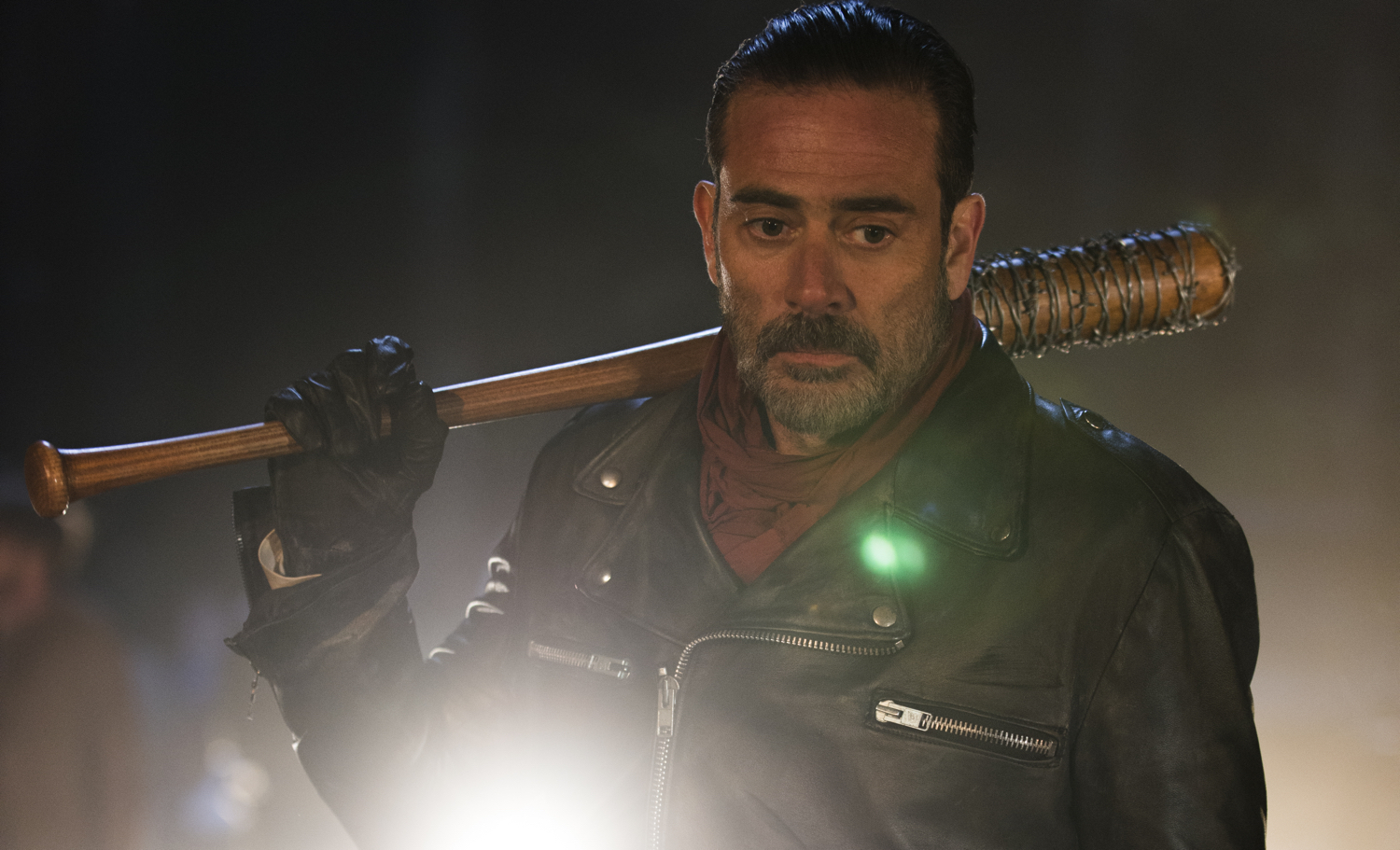Sex is gross, occasionally awkward, and almost always some flavor of terrifying. It is the situation that leaves us at our most vulnerable, physically and emotionally open for pillaging. It is a thin place that insecurities and vices escape through. It is also an electric expression of affection, a vessel of self-confidence and one of the great experience of being human.
So sex is about a lot of things. Things that go a lot deeper than positions and body fluids.
There has been a lot sex in Sex Criminals and its eleventh issue is not wanting for pornographic depiction of public humping or cunalingus. However, Sex Criminals #11 is also an issue that starts with a portly, middle age man named Douglas D. Douglas, explaining in a fourth wall breaking monologue, how much puritan joy he takes in caring for his elderly mother.
These things shouldn’t be narratively copacetic, yet over 32 pages the story of Douglas D. Douglas morphs from being a tale about an empathic, adult son to one about a man with a quirky sexual kink while managing to maintain an emotional through line.
That’s how Sex Criminals does things. It highlights the small minutia of life both good and bad and drags it into the Freudian minefield of sex, using the act to show ideas and emotions in their rawest forms.
The series is based around the idea that a small group of people have the power to stop time whenever they orgasm. Jon and Suzie used this power first to rob banks and then to wage war on a group of similarly powered people calling themselves The Sex Police. Issue eleven sees Jon and Suzie attempt to track down Douglas for recruitment into their ranks.
The building of an army to take down the Sex Police’s covert micromanagement of sexuality is the propagandized mission statement behind Suzie and Jon’s motivations. But like in sex, there are deeper ideas at work.
Transforming the whole universe into a static, technicolored dreamscape upon completion of a sexual act is not a normal thing to experience and before finding each other, their sexual super power produced a feeling of loneliness in Suzie and Jon. Their search for other people like them is as much about finding acceptance and validation as it is about the recruitment of soldiers.
That theme of using sex as an access point to a deeper fear of isolation or sensation of driftlessness propagates through out the issue. One supporting character struggles with feelings of being incompatible with his girlfriend. To him sex is a thing to fear, because he worries he is too vanilla for his more sexually experienced lover.
The head of the sex police ends up using her sexuality as a representation of her own identity. To her, being able to have sex with people outside of her marriage is a representation of her power, evidence that she is not a thing that is owned.
Poking at such sensitive ideas could have made Sex Criminal a dense and exhausting book to read but the series has an adept sense of balance, using humor to soothe it’s more emotionally burning moments. Characters break the fourth wall, pray to “Poop Jesus,” cover musical numbers with explanations of why they legally can’t put the song lyrics into the book and engage is wire-fu level martial arts battles while welding giant dildos as weapons.
There is a duality to Sex Criminals. It bounces back and forth between silly and poignant. It shows sex in its most functional and organic states while using it to symbolism the more intangible aspects of what makes us human. It is gross and beautiful, mechanical and romantic. More than anything it is just so honest in the way it strikes at the anxiety and ecstasy that goes along with sex. It is that honesty that makes the book one of the best, if not the best in all of comics.





